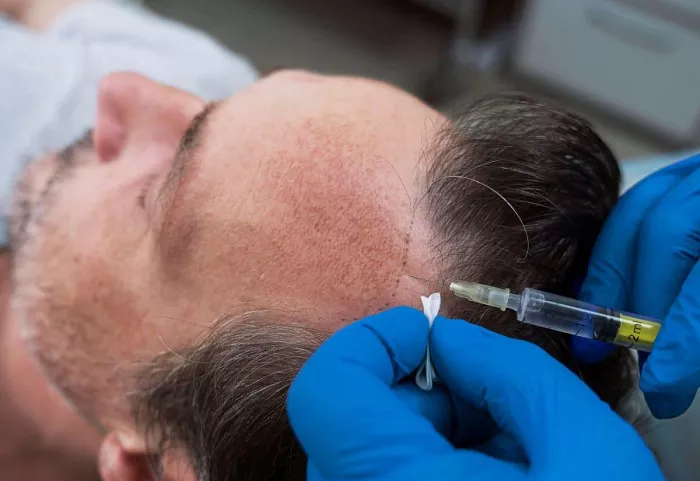Hair loss can deeply impact confidence and self-image, making the decision to undergo hair transplant surgery a significant and personal one. However, patient safety must always be the top priority. Recent reports of fatal complications following hair transplants have alarmed the public and medical community alike. These tragic outcomes are often preventable when procedures are performed by qualified surgeons in safe, well-equipped facilities.
Unfortunately, many complications arise from unqualified practitioners operating in poorly sterilized clinics lacking emergency protocols and proper post-operative care. Such shortcuts are not just negligent—they can be deadly.
If you’re considering hair transplant surgery, here are essential safety steps to ensure a successful procedure and smooth hair transplant recovery:
Choose a Qualified and Experienced Surgeon
Verify that your surgeon is certified by reputable boards such as AHRS, ISHRS, or ABHRS. Ask whether the surgeon performs the procedure personally or delegates to staff. Clear communication is critical to trust and safety.
Insist on a Thorough Medical Evaluation
Your overall health affects surgical risk. Disclose any conditions like diabetes, hypertension, or blood clotting disorders. If your clinic does not inquire about your medical history, consider it a red flag.
Verify the Clinic’s Credentials
Select a clinic that is clean, accredited, and equipped for medical emergencies. Avoid centers that operate solely as cosmetic hubs with flashy promotions but lack a solid medical foundation.
Follow Pre- and Post-Operative Instructions
Adhere strictly to instructions such as avoiding smoking and alcohol. Proper aftercare is crucial for healing and preventing complications during hair transplant recovery.
Ask Important Questions
Inquire about anesthesia type, grafting methods, and who will oversee your recovery. A responsible surgeon welcomes patient questions and ensures you are well informed.
Hair transplant surgery can transform lives when performed safely. Recent avoidable fatalities highlight the dangers of compromising safety for cost or convenience. As a patient, your health and well-being must come first. Do thorough research, trust your instincts, and never rush your decision.
Remember, safety in hair transplant surgery isn’t optional—it’s essential.
Related Topics:
- Mid-Scalp Hair Transplants: Effective Solution for Thinning Hair
- Top 8 Hair Transplant Surgeons to Know in 2025
- When Does Hair Stop Receding? | A Complete Guide


